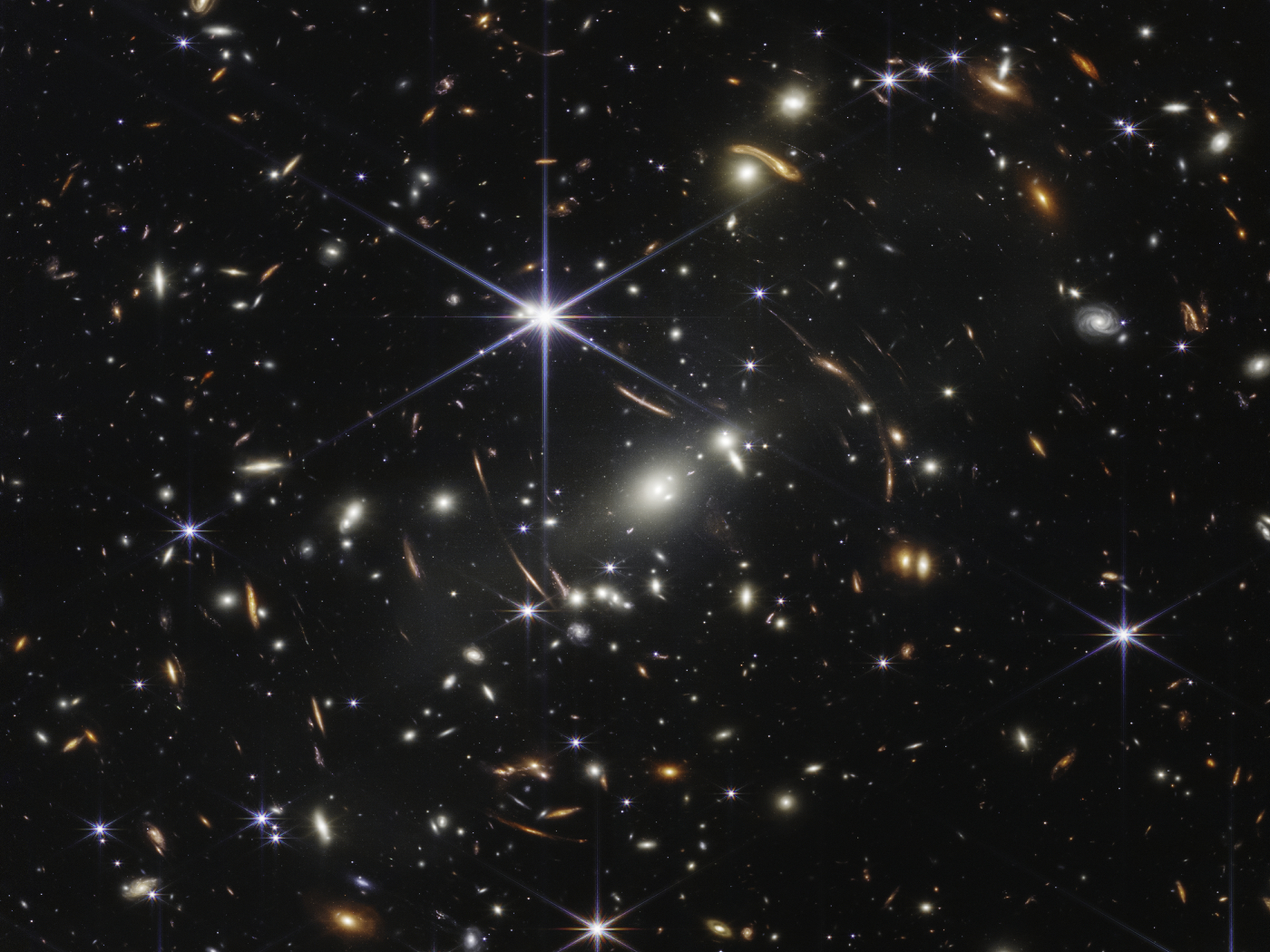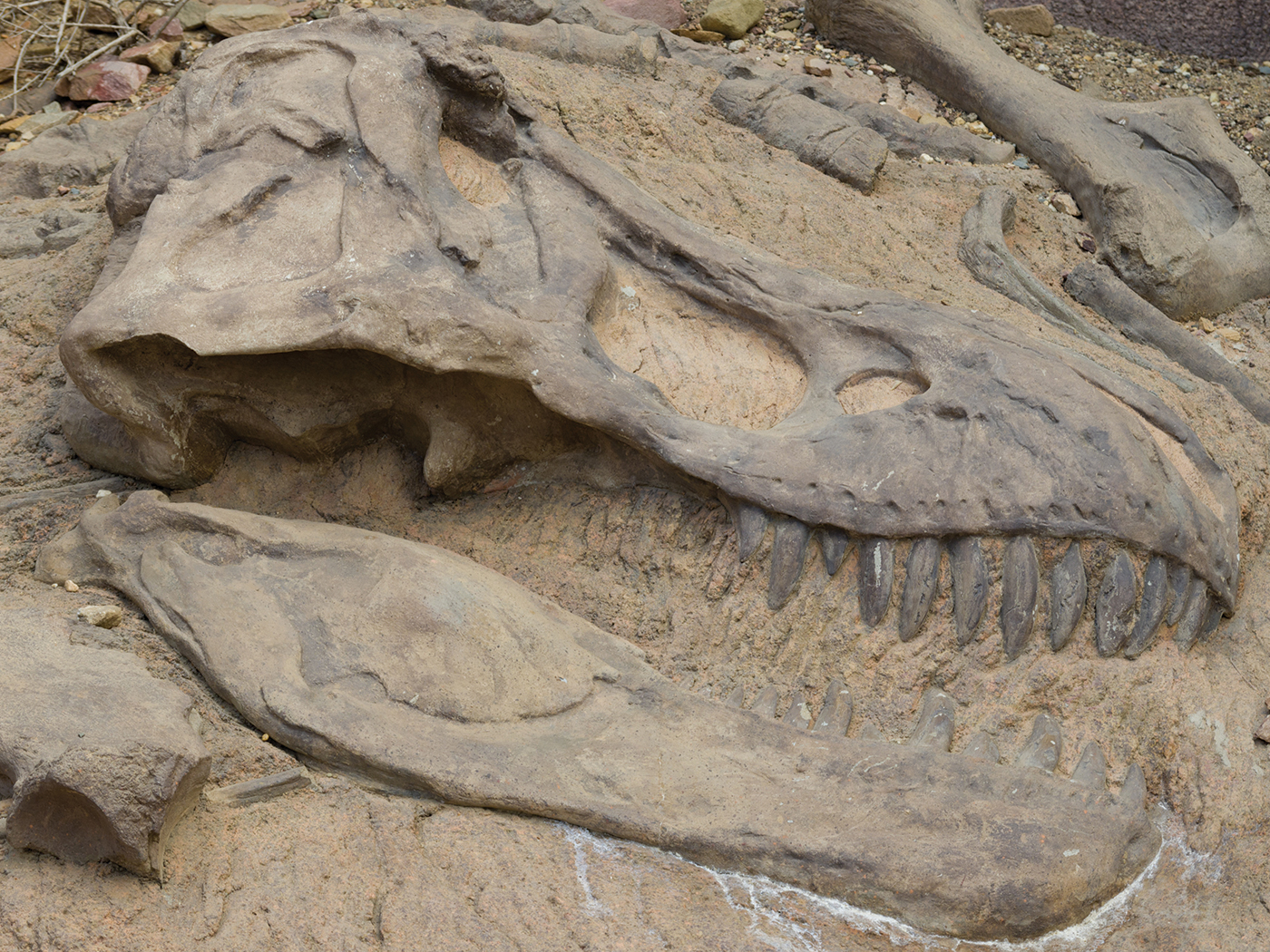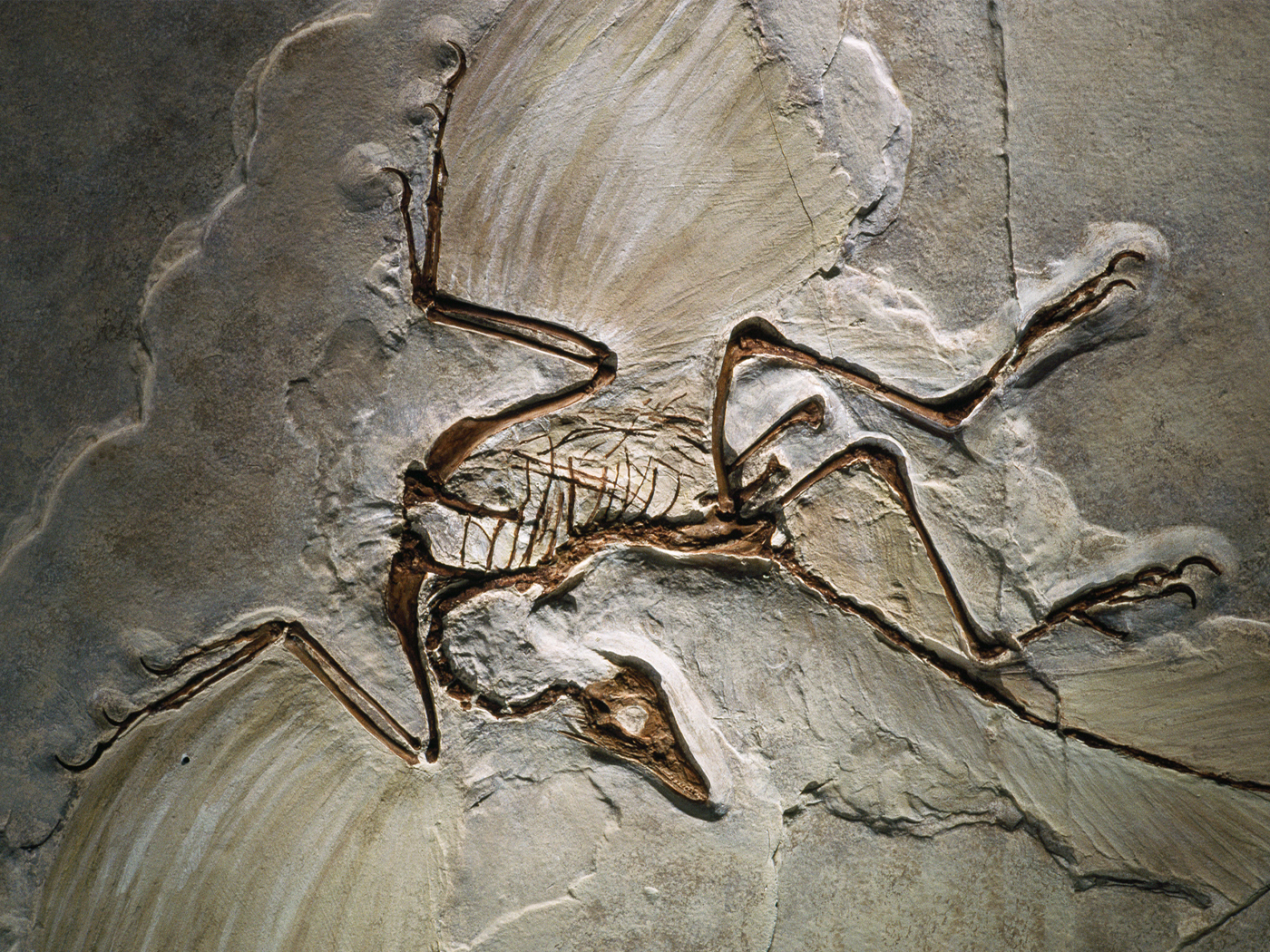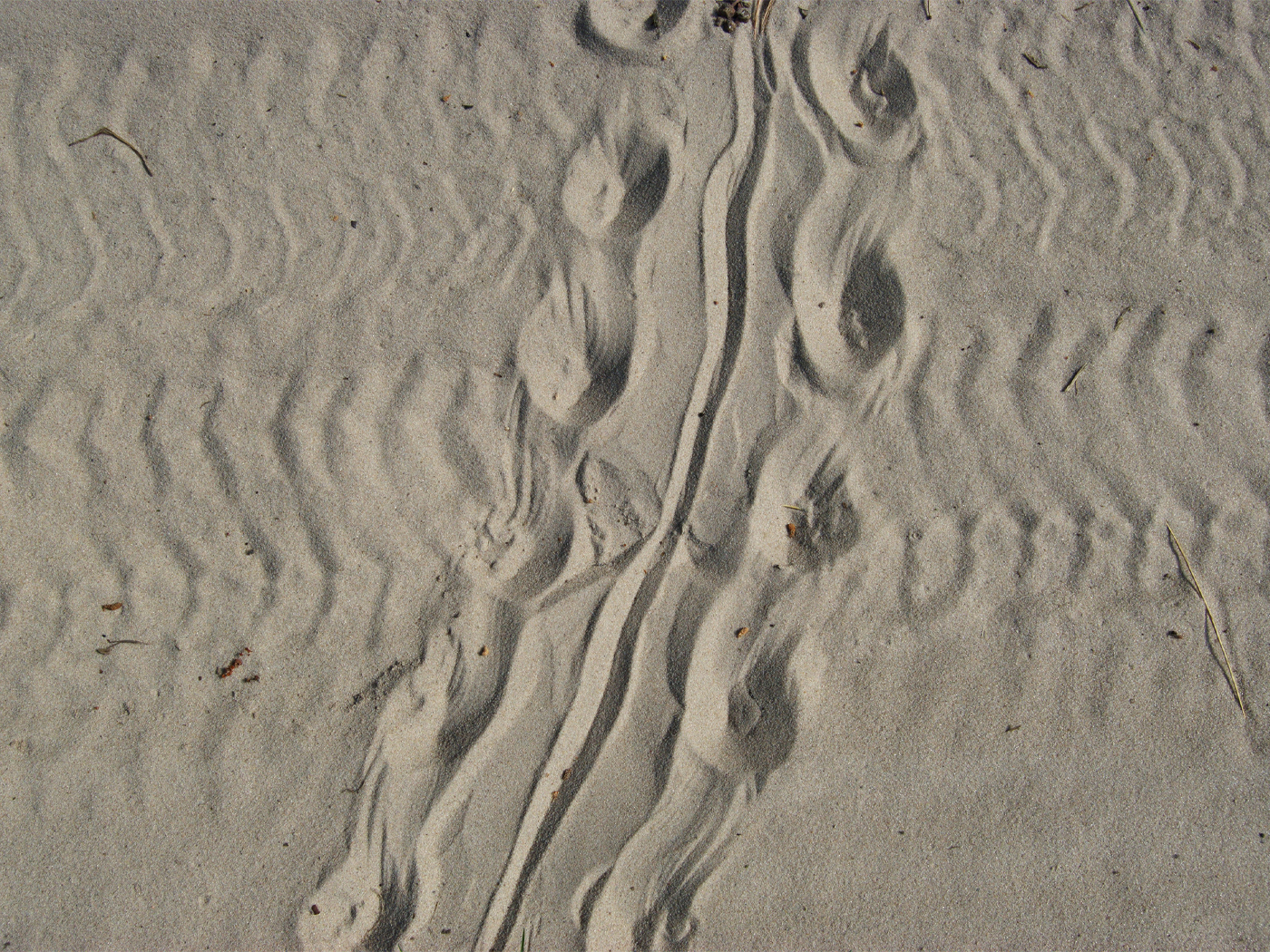There are several big problems with the concept of evolution, including the origin of man from the apes, the origin of vertebrates from invertebrates, the origin of invertebrates from single-celled organisms with a nucleus, and the origin of those cells with a nucleus from those without a nucleus. But the single biggest problem facing evolution is the origin of even the simplest form of life from non-living chemicals. The gap between life and non-life is greater than the gap between a single cell and a human.
This conundrum has driven evolutionists to propose any number of scenarios, none of which are fully accepted. This has led some (including Nobel Prize winner Francis Crick) to abandon the idea that life could arise spontaneously by purely natural processes here on earth, and to propose that life arose somewhere else out in space and came here either on a meteorite or on a spaceship. An interesting article, "The Beginnings of Life on Earth," by Professor Christian de Duve (himself a Nobel Prize winner for studies on the complexity of the cell) reveals the desperate plight of the naturalist. Published in the September-October, 1995 issue of American Scientist, it provides a good summary of current theory and follows a dangerous new trend in biological thinking. Let us consider some of its points.
The author is a first rate scientist. He does not hide his presuppositions, nor does he camouflage discoveries troubling traditional evolutionary "just so" stories. "It is now generally agreed that if life arose spontaneously by natural processes—a necessary assumption if we wish to remain within the realm of science—it must have arisen fairly quickly, more in a matter of millennia or centuries, perhaps even less" (p. 428). Evolutionists have always relied on billions of years of chance events to produce life, but now he says it was perhaps less than "centuries"! He admits that each step in producing highly complex organisms is still "highly conjectural," but as a good naturalist he holds to the party line. "Any hint of teleology (i.e., intelligent design) must be avoided." "The biblical account of genesis," he writes, "is now being explained in terms of the physical and chemical conditions that prevailed on earth almost four billion years ago, when life is thought to have begun. Life . . . is a manifestation written into the fabric of the universe, a cosmic imperative" (p. 429).
Dr. de Duve recognizes that each step between chemicals and life is extremely unlikely, and that the components are interdependent. He likewise admits that even the simple RNA molecule is amazingly complex, far beyond human creativity. "Attempts at engineering—with considerably more foresight and technical support than the prebiotic world could have enjoyed—an RNA molecule capable of catalyzing RNA replication have failed so far" (p. 433), yet he insists it happened. How dare evolutionists call this science? This is simply story-telling in the name of science, wrongly extrapolating the operations of living systems to the origins of systems.
These many steps, "a string of improbable events," should convince him that such a scenario is unscientific and just plain wrong, but life is here and must be explained naturalistically, without a God. Thus, he concludes, "life is an obligatory manifestation of matter," and that "the universe is awash with life."
Those who do not bow to the god of scientific naturalism or New Age thinking are not driven to such foolishness. The only wonder is why other naturalists allow such brazen worship of nature to continue in the name of science. When will honest evolutionists rise up and admit that "the emperor has no clothes"?
* Dr. Morris is President of ICR.
Cite this article: Morris, J. 1996. How Did Life Originate? Acts & Facts. 25 (8).






















